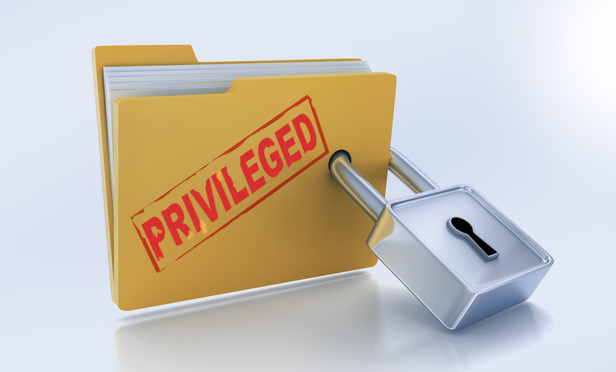We’ve reported on the prevalence of third-party e-discovery providers, including those that charge a flat rate. But attorneys at Troutman Sanders raise the question of whether these services risk attorney-client privilege or work-product protections in this recent post on the Information Intersection blog. Here are some of their tips and thoughts on protecting privilege while outsourcing e-discovery:
- “On directions from counsel”: The attorneys say that as long as an e-discovery provider is working at the direction of counsel, assisting with legal services, then its work and communications should be protected from disclosure. This is because of the “work-product rule,” which protects material prepared by an agent on behalf of or for the attorney.
- Accidental waiver: “These protections can be waived by the same types of actions that waive the attorney-client privilege or work-product protections generally,” explained the attorneys. An area to watch out for specifically is accidentally disclosing information in defense of e-discovery practices.
- Engagement letter: Set out confidentiality provisions in the letter with the third-party e-discovery provider, ask them what steps it takes to protect privilege, and limit access of client data to appropriate personnel at the technology company.
Attorney Marlisse Silver Sweeney is a freelance writer based in Vancouver. Twitter: @MarlisseSS.



